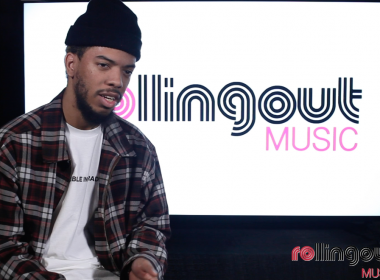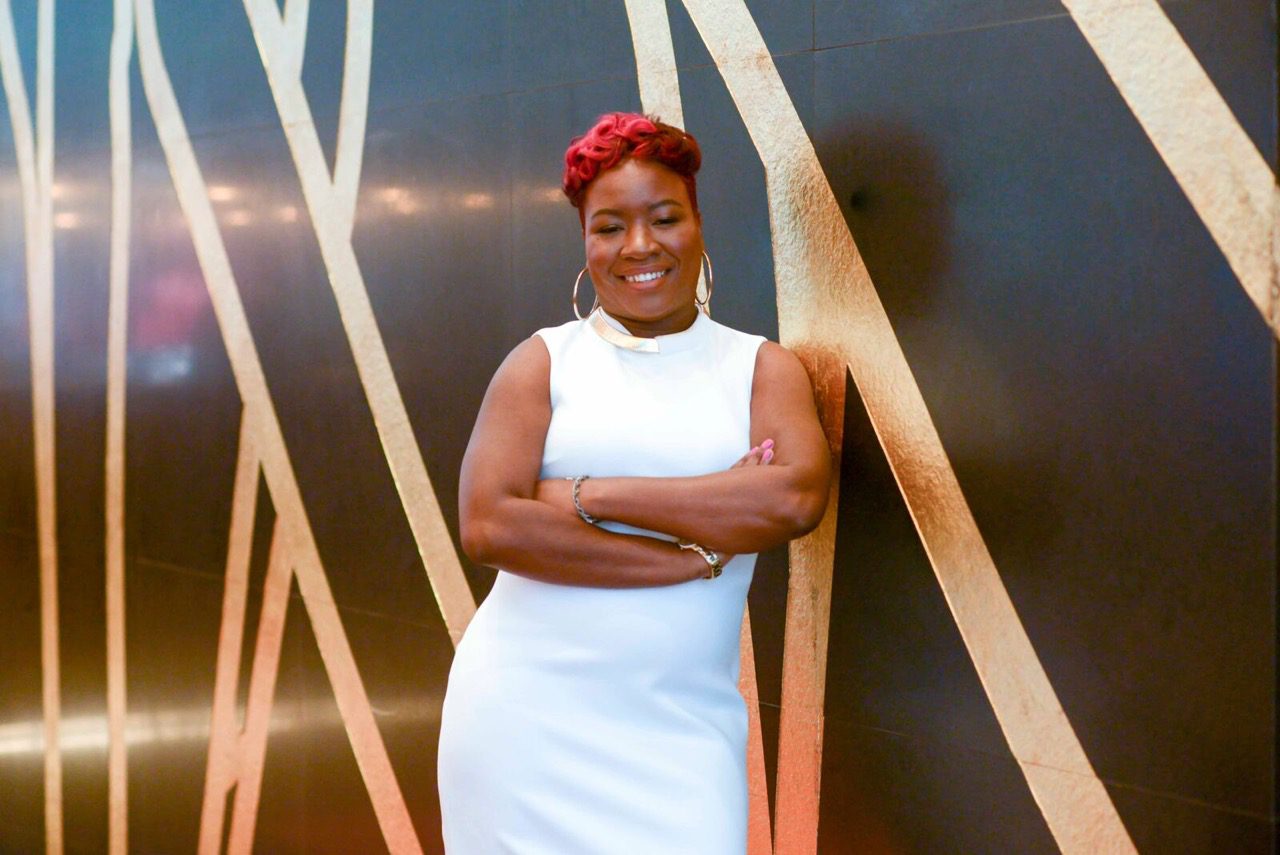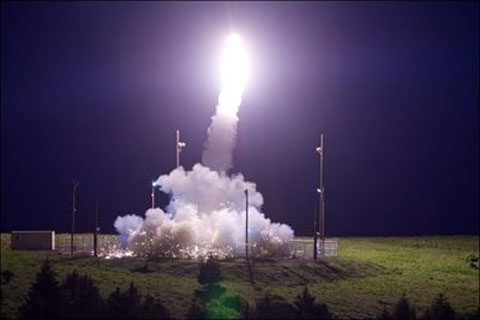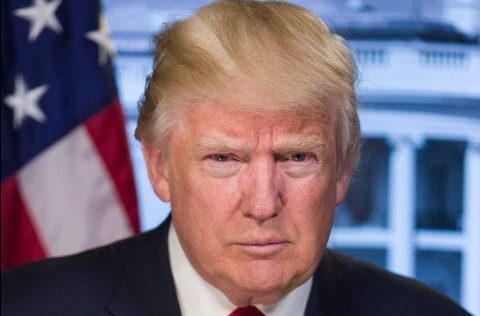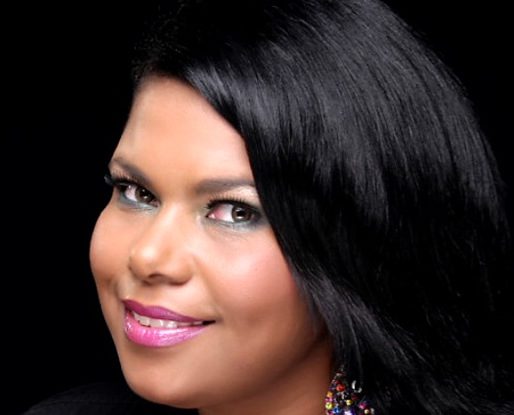
Now that long-time United States enemy Moammar Gaddafi of Libya has been officially and permanently neutralized and his regime has been overthrown, it is perhaps time to take inventory on the foes who remain in power who pose varying degrees of threats to the sovereignty of the country:
Kim Jong Il of North Korea: Boasting a 1 million-man army, the North Korean ruler has been a nuisance to U.S. interests with his small nuclear weapons program, offering economic aid and diplomatic favors as a bargaining chip. But the U.S. accuses Kim of repeatedly reneging on promises to disarm while selling weapons expertise abroad. The U.S. and other nations accused Pyongyang last year of torpedoing a South Korean navy ship and shelling a South Korean island. With the North Korean leader believed to be gravely ill, the key to Washington’s future relations with Pyongyang may be Kim’s son and heir apparent, Kim Jong Un.
Fidel Castro, leader of Cuba: Scores of books and movies have depicted how Castro, most prominently in the Godfather Part II [although he was never mentioned in the movie] who operates just 90 miles off the coast of Florida, has survived as the most elusive of U.S. enemies. He has evaded CIA assassination plots, the Bay of Pigs invasion, being part of the Cuban Missile Crises and the U.S. economic embargo to be a stone in the shoe of the United States for the better part of half a century. And despite the fact that Castro, 85, formally resigned as president in February 2008 due to illness but handed the reins to his brother, Raul, and the revolutionary regime survives.
Venezuelan President Hugo Chavez: Considered more of an irritant than a legitimate threat, the former military officer has nonetheless managed to remain on America’s radar. Chavez, who came to power in 1999, has instituted radical changes in economic and social policy, including nationalization of the oil industry to the chagrin of U.S. interests. Chavez has repeatedly told his people of Washington’s intent to invade Venezuela has taken measures to augment his position in the Western hemisphere: he has called for containment of the U.S., aligned himself with Cuba and has negotiated major arms deals with Russia to build Venezuela into a legitimate power.
Iran clerical leadership: The theocratic regime in Tehran is known to Americans for two main things: they exemplify little tolerance for dissent; and, more importantly, they possess a deep and open hostility to the United States since they overthrew of the U.S.-backed regime of the shah of Iran in 1979. President Mahmoud Ahmadinejad’s is bold in his proclamations against the U.S. and Israel which makes him a favorite topic at U.N. General Assembly meetings. Like Korean, Iran is reportedly laying the groundwork for a nuclear weapons program that could threaten the Middle East, U.S. and Europe. Iran counters that it is only peaceful nuclear technology.
— terry shropshire





